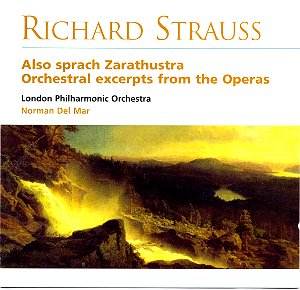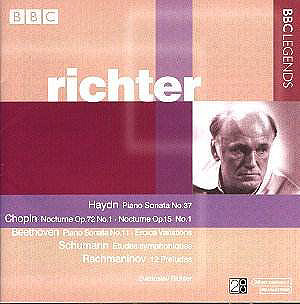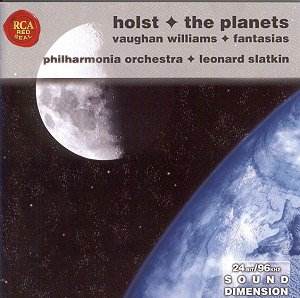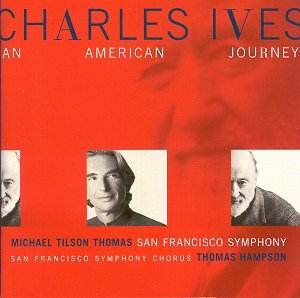 Composer: Richard Strauss
Composer: Richard Strauss
Works: Also Sprach Zarathustra, op 30; Salome – Dance of the Seven Veils; Der Rosenkavalier – Orchestral excerpts; Feuersnot – Love Scene
Performers: London Philharmonic Orchestra, Norman Del Mar (conductor)
Recording: Recorded at Walthamstow Assembly Hall, 1978 & 1979
Label: Classics for Pleasure
Richard Strauss’s oeuvre is marked by an intricate interplay of philosophical depth and lush orchestral color, with “Also Sprach Zarathustra” standing as a towering monument to his artistic vision. Composed in 1896, this tone poem, inspired by Nietzsche’s philosophical text, exemplifies Strauss’s ability to weave profound concepts into the fabric of orchestral music. It has since become iconic, not only for its thematic richness but also for its immediate appeal, particularly the opening fanfare, which has permeated popular culture. The works included in this recording effectively showcase Strauss’s stylistic evolution and thematic preoccupations, from the sensuousness of “Dance of the Seven Veils” to the nostalgic elegance of “Der Rosenkavalier.”
Norman Del Mar’s interpretation of “Also Sprach Zarathustra” is a compelling study in detail and restraint. Upon initial listening, one might perceive a straightforward reading devoid of ostentation. However, it is in the subtleties where Del Mar’s artistry shines. The inner woodwind textures are articulated with clarity, revealing layers of Strauss’s orchestration that often go unnoticed. While the performance lacks the overwhelming passion found in some renditions, this understatement allows for a more nuanced exploration of the work’s thematic intricacies. For instance, the climactic dance episodes, leading up to the midnight bell, possess a dynamic momentum, accentuated by sharp articulations that animate the score. The recording quality further amplifies this effect, with a forward balance that captures the orchestral blaze during full passages.
The “Dance of the Seven Veils” is rendered with a volatile abandon, epitomizing Strauss’s flirtation with sensuality and drama. Del Mar’s approach here is particularly notable for its frenetic energy, which culminates in a thrilling frenzy that captures the essence of Salome’s seductive allure. This performance stands in contrast to other interpretations that may prioritize lyrical beauty over dramatic intensity. The London Philharmonic Orchestra, under Del Mar’s baton, executes the shifting dynamics with precision, showcasing both technical prowess and interpretative insight.
The orchestral excerpts from “Der Rosenkavalier” are another highlight, offering a wealth of material that extends beyond the typical concert suite. Del Mar’s conducting style recalls the wit and charm associated with Sir Thomas Beecham, infusing the waltzes with a delightful “tongue-in-cheek” quality. The busy introduction to Act III reveals the orchestra in splendid form, with an emphasis on detailed articulation and a prominent role for the percussion, which adds a vibrant texture to the soundscape. This thoughtful interpretation enhances the listener’s appreciation of the work’s inherent humor and sophistication.
The inclusion of the “Love Scene” from “Feuersnot” provides a refreshing glimpse into Strauss’s earlier compositional style, which is less frequently performed. The lyrical, songful theme encapsulates the essence of early 20th-century Germanic sensibilities, presenting a blend of romanticism and burgeoning modernity. Del Mar’s commitment to unearthing such gems is commendable, as it reflects an understanding of Strauss that transcends the more popular works. The recording captures the essence of this early masterpiece, bringing forth its melodic charm and emotional depth.
This compilation of Strauss’s works, conducted by an artist who possessed an intimate understanding of the composer’s intentions, offers both a historical perspective and a rich listening experience. Del Mar’s interpretations, while perhaps not the most flamboyant, reveal a dedication to revealing the inner workings of Strauss’s orchestration and thematic development. The sound engineering deserves mention for its clarity, allowing each section of the orchestra to resonate with distinctiveness.
Norman Del Mar’s recording serves as a valuable addition to the Strauss discography, providing both seasoned listeners and newcomers an opportunity to engage with the composer’s music in a manner that is insightful and refreshingly unpretentious. The result is an enriching experience that celebrates Strauss’s legacy through a conductor who understood him deeply.



